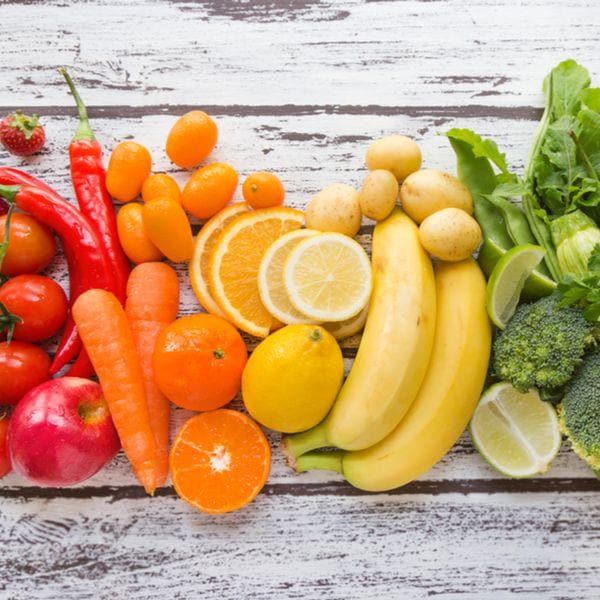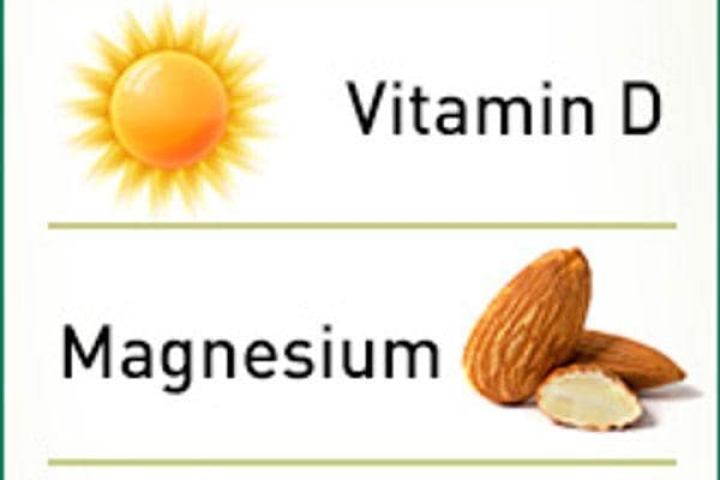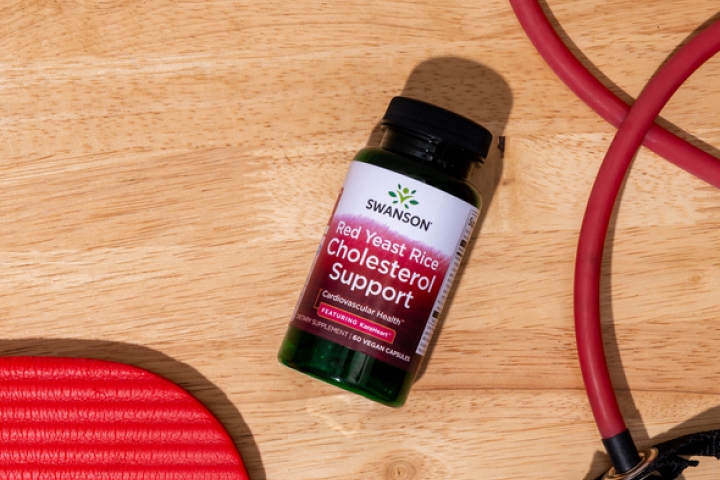What are Carotenoids?
What Are Carotenoids?
Carrots and other brightly-colored fruits and vegetables owe their vibrant hues, in part, to a group of fat-soluble phytonutrients known as carotenoids, which are rich in antioxidants. Without these, carrots, tomatoes, dark green leafy vegetables, sweet potatoes, and many other natural foods would not be as colorful or nutritious.
Carotenoids are essential nutrients that help protect against oxidative stress and offer numerous health benefits. However, since our bodies cannot produce them, the only way to obtain carotenoids is through the foods we eat and from carotenoid supplements.1 Let's explore the benefits of carotenoids and how to incorporate more of them into your diet.
What are the Benefits of Carotenoids?
Many of the benefits of carotenoids stem from their ability to combat free radicals.2 Acting as antioxidants, carotenoids help mitigate damage from oxidative stress. They are among nature's most potent antioxidants, and different carotenoids target specific areas of the body. The most researched carotenoids for their health benefits include beta-carotene, lycopene, lutein and zeaxanthin.2
Carotenoid Health Benefits:
- Antioxidant Support
Consuming carrots or other carotenoid-rich foods provides antioxidants that combat oxidative stress, a major factor in aging and age-related health issues.3 Antioxidants are also crucial for supporting cardiovascular health.4 - Vision Health
Lutein and zeaxanthin, two extensively studied carotenoids, have been shown in multiple clinical studies to promote vision health and protect the eyes from the damaging effects of blue light exposure.5,6 Given the prevalence of age-related vision issues in older adults, many health professionals recommend a diet rich in carotenoid-containing fruits and vegetables. - Skin Health
Although not sufficient alone to shield you from excessive sun exposure, carotenoids can help your body protect itself against ultraviolet rays.5 Once converted into active vitamin A, they may reduce oxidative damage caused by the sun. Research also suggests that certain carotenoids can protect skin tissue and cells from environmental toxins.7 - Immune Health
A higher intake of carotenoids is linked to enhanced immune health.8 Besides their antioxidant properties, carotenoids contain acetylenics, metabolites known to promote wellbeing and boost immune function.7
While beta-carotene, lycopene, lutein, and zeaxanthin are well-studied, there is much to learn about them. Let's delve deeper.
5 Common Carotenoids
- Beta-Carotene
Your body converts beta-carotene to vitamin A, an essential nutrient with antioxidant properties that helps protect cells from damage. It is found in fruits, vegetables, and some whole grains.9 - Lycopene
Lycopene, responsible for the red color in many fruits and vegetables (especially tomatoes), offers numerous potential benefits ranging from skin to cardiovascular health.10 It has also been studied for its role in supporting prostate health10 and is a common ingredient in men’s health supplements. - Lutein
Abundant evidence supports lutein's role in vision health and its general protective effect on the eyes.6 - Zeaxanthin
Zeaxanthin and lutein are the primary carotenoids in the macula and retina6 and help absorb harmful blue light from electronic devices and other sources. These carotenoids are well-documented protectors of vision. - Astaxanthin
Astaxanthin is a powerful antioxidant with a unique molecular structure that effectively neutralizes free radicals. Like other carotenoids, its benefits extend to vision, skin, joint, and immune health.11
Foods Rich in Carotenoids
For carotenoid-rich foods, look for vibrant colors in the produce section. Dr. Michael Roizen explains, “You can identify carotenoids by the red, orange, green, and yellow hues they impart to foods like tomatoes, carrots, and apricots—essentially any fruit or vegetable with these colors. Carotenoids are also abundant in dark leafy green vegetables like spinach, broccoli, and kale. Eating a diet rich in fruits and vegetables can help keep you young owing to the carotenoids.”
Fruits and vegetables are the primary sources of carotenoids, but egg yolks and red or orange-pigmented seafood also contain these nutrients. Here is a list of carotenoid superfoods you can find at the grocery store:
- Carrots
- Tomatoes
- Spinach
- Sweet Potatoes
- Turnips
- Kale
- Plums
- Apricots
- Mangoes
- Melon
- Egg Yolks
- Salmon
Try incorporating these carotenoid-packed foods into your weekly diet to support overall wellness.
Carotenoids to Support Eye Health
Lutein and zeaxanthin, the primary xanthophyll carotenoids found in the macula and retina of the eye, are potent antioxidants that protect eye tissues from free radicals and the harmful effects of UV rays from the sun and blue light from modern electronic devices.
In addition to dietary sources, you can supplement your nutrient intake with products for eye health like BubbForest Vision Defense Eye Health Formula—our award-winning supplement that includes a powerful blend of 20 mg of lutein and zeaxanthin derived from marigold extract, plus an ultra-potent antioxidant blend of bilberry extract, broccoli extract, and astaxanthin. Another excellent option is BubbForest Synergistic Eye Health, which delivers these fat-soluble carotenoids in easy-to-swallow sunflower seed oil-based softgels.
Learn more about protecting your eyes in Important Facts about Blue Light and Eye Health, and discover all about astaxanthin in Astaxanthin Benefits.
About Bushra Hassan, MBA, RD & LDN
Bushra is an expert in supplement development, nutrition education, wellness coaching, and product brand management. Her work focuses on diet and nutrition, digestive health, and integrative and functional medicine. She enjoys baking, trying new restaurants, and exploring beautiful Chicago.
*These statements have not been evaluated by the Food and Drug Administration. These products are not intended to diagnose, treat, cure, or prevent any disease.
Sources
1. Carotenoids of Biotechnological Importance. National Library of Medicine. Read source
2. The Role of Carotenoids in Human Health. National Library of Medicine. Read source
3. Oxidative Stress, Cellular Senescence, and Ageing. Molecular Science. See source
4. Antioxidants. National Center for Complementary and Integrative Health. Read source
5. Lutein and Zeaxanthin in Eye and Skin Health. Clinical Dermatology. Read source
6. Macular Pigments Lutein and Zeaxanthin. PubMed. Read source
7. 5 Health Benefits of Carotenoids. Global Healing Center. Read source
8. Carotenoids and Immune Function. Springer Link. Read source
9. Beta-Carotene. WebMD. Read source
10. Health Effects of Tomato Lycopene. National Library of Medicine. Read source
11. Astaxanthin. WebMD. Read source




Leave a comment